Apple Watch health feature has a "racial bias" according to lawsuit
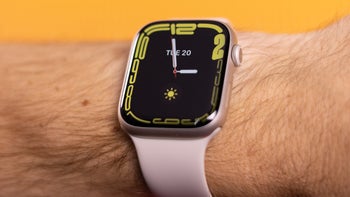
Apple is the defendant in a class action lawsuit filed in the Southern District of New York that claims the blood oximeter on the Apple Watch has a "racial bias" against users with darker skin tones. The blood oximeter measures the oxygen saturation level in your blood. An oxygen saturation reading of 95% to 100% is considered normal for adults and children while a reading under 94% is considered to be abnormal.
Lawsuit claims that the blood oximeter meter on the Apple Watch has a "racial basis"
Starting with 2020's Apple Watch Series 6, those with the device have been able to get an oxygen saturation reading from the timepiece. As Apple has explained, those wearing the Apple Watch 6 or later models can “measure the oxygen level of your blood on-demand directly from your wrist, providing you with insights into your overall wellness."
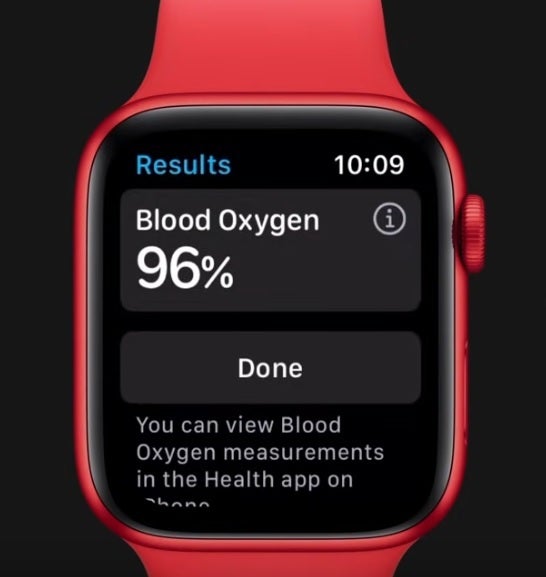
Blood oximeter reading on the Apple Watch
The lead plaintiff, according to the New York Post, is a New Yorker by the name of Alex Morales who purchased his undisclosed Apple Watch model between 2020 and 2021. The suit says that Morales knew that the device "purported to measure blood oxygen levels and he believed it did this without regard to skin tone which was relevant to him based on his skin tone,"
The filing goes on to say that Morales "expected the product would not incorporate biases and defects of pulse oximetry with respect to persons of darker skin tone." The plaintiff alleges that "as a result of the false and misleading representations, the Product is sold at a premium price, approximately no less than $400, excluding tax and sales."
Morales proposes that the suit be turned into a class action covering all New Yorkers who purchased the Apple Watch during the statute of limitations. He also wants to add eligible Apple Watch buyers in North Dakota, Wyoming, Idaho, Alaska, Iowa, Mississippi, Arkansas, North Carolina, and Utah.
During the pandemic, it was discovered by an ER doctor named Richard Levitan (who worked at an Emergency Room in Bellvue, New York) that oxygen saturation readings could reveal if someone had COVID. Dr. Levitan noted that some patients were getting oxygen saturation readings as low as 50% but weren't showing any signs of distress. Many of these patients had "silent hypoxia" from COVID and were in serious danger without knowing it. A reading under 80% means that a brain or heart problem is imminent.
The lawsuit noted that research conducted during the pandemic "confirmed the clinical significance of racial bias of pulse oximetry" Based on patient records, the suit pointed out that "For decades, there have been reports that such devices were significantly less accurate in measuring blood oxygen levels based on skin color." The filing also stated, "The 'real world significance' of this bias lay unaddressed until the middle of the Coronavirus pandemic, which converged with a greater awareness of structural racism which exists in many aspects of society."
Apple says that the blood oximeter on the Apple Watch is "not intended for medical use"
While Apple initially did not respond to a request for comment on Monday, the company has never held out the blood oximeter on the Apple Watch as medical-grade equipment. Apple itself says that the blood oximeter on the Apple Watch is "only designed for general fitness and wellness purposes." The company goes on to say, "Blood Oxygen app measurements are not intended for medical use, including self-diagnosis or consultation with a doctor."
The lawsuit explains that "The conclusion was that 'reliance on pulse oximetry to triage patients and adjust supplemental oxygen levels may place Black patients at increased risk for hypoxemia. Since health care recommendations are based on readings of their blood oxygen levels, white patients are more able to obtain care than those with darker skin when faced with equally low blood oxygenation."
The document submitted to the court also said, "While traditional fingertip pulse oximeters are capable of measuring blood oxygen levels and heart rate, wrist-worn devices like the (Apple Watch) determine heart rate, as blood oxygen measurements from the wrist are believed inaccurate. Algorithms designed for fingertip sensing are inappropriate when based on wrist measurements, and can lead to over 90% of readings being unusable."
Morales is asking the court to be certified as the representative for the classes. He also seeks monetary, statutory and/or punitive damages and interest; costs and expenses, including reasonable attorney and expert fees; and other and further relief as the Court deems just and proper.
Blood oximeter sensors on a wrist-worn tracker or smartwatch are not rare at all. Even the Xiaomi Smart Band 7, priced at $45, will deliver a reading although, like the Apple Watch, it is not intended for medical use.



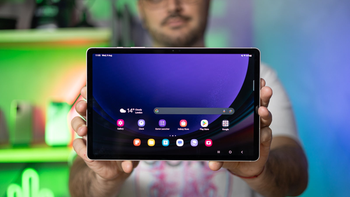



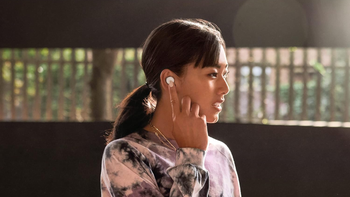
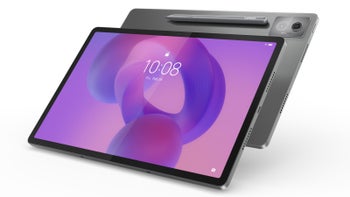
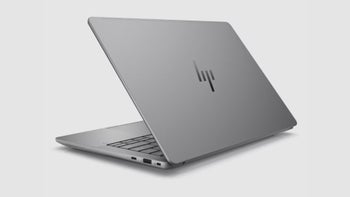
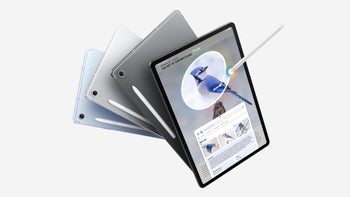

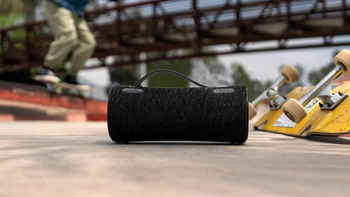
Things that are NOT allowed: